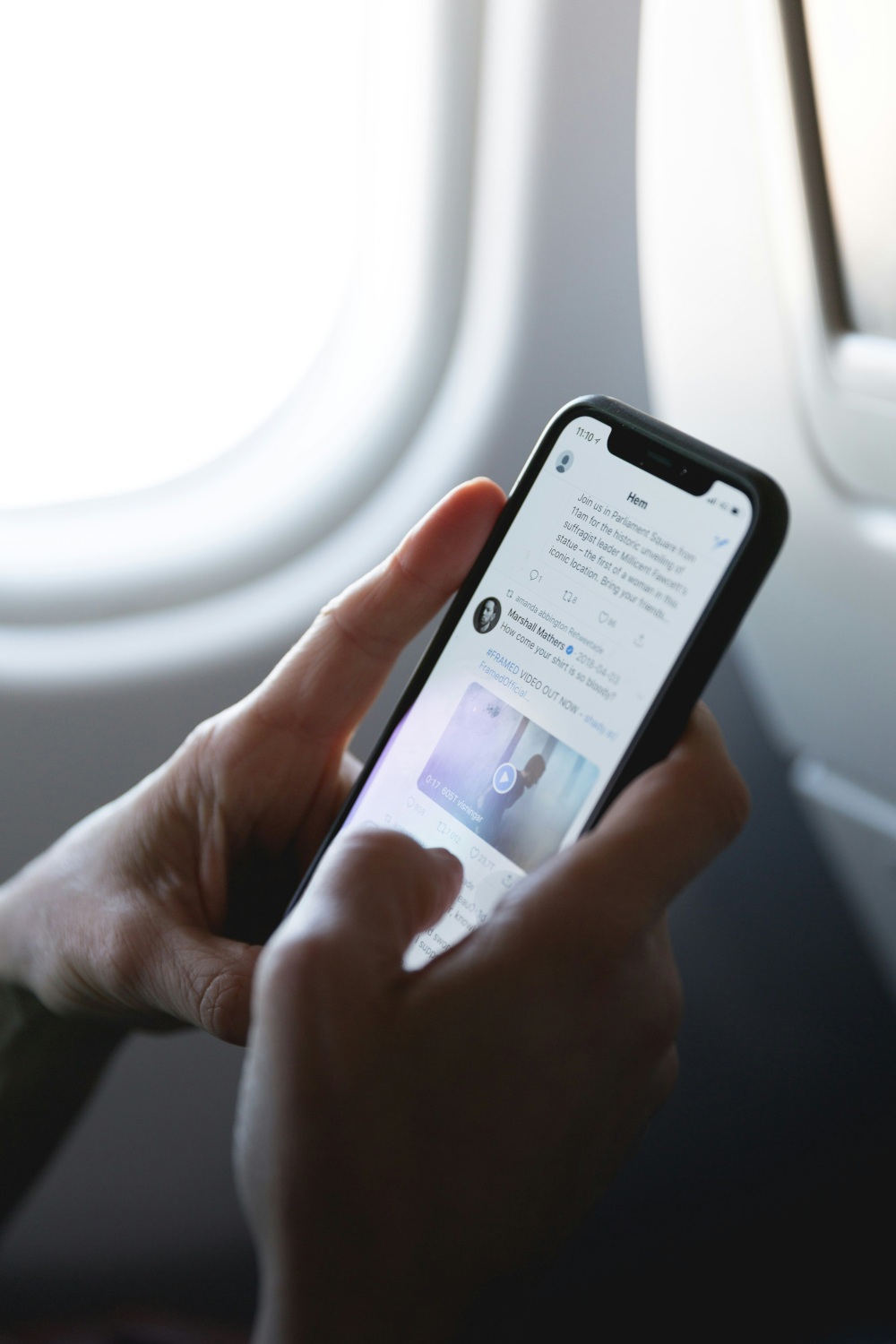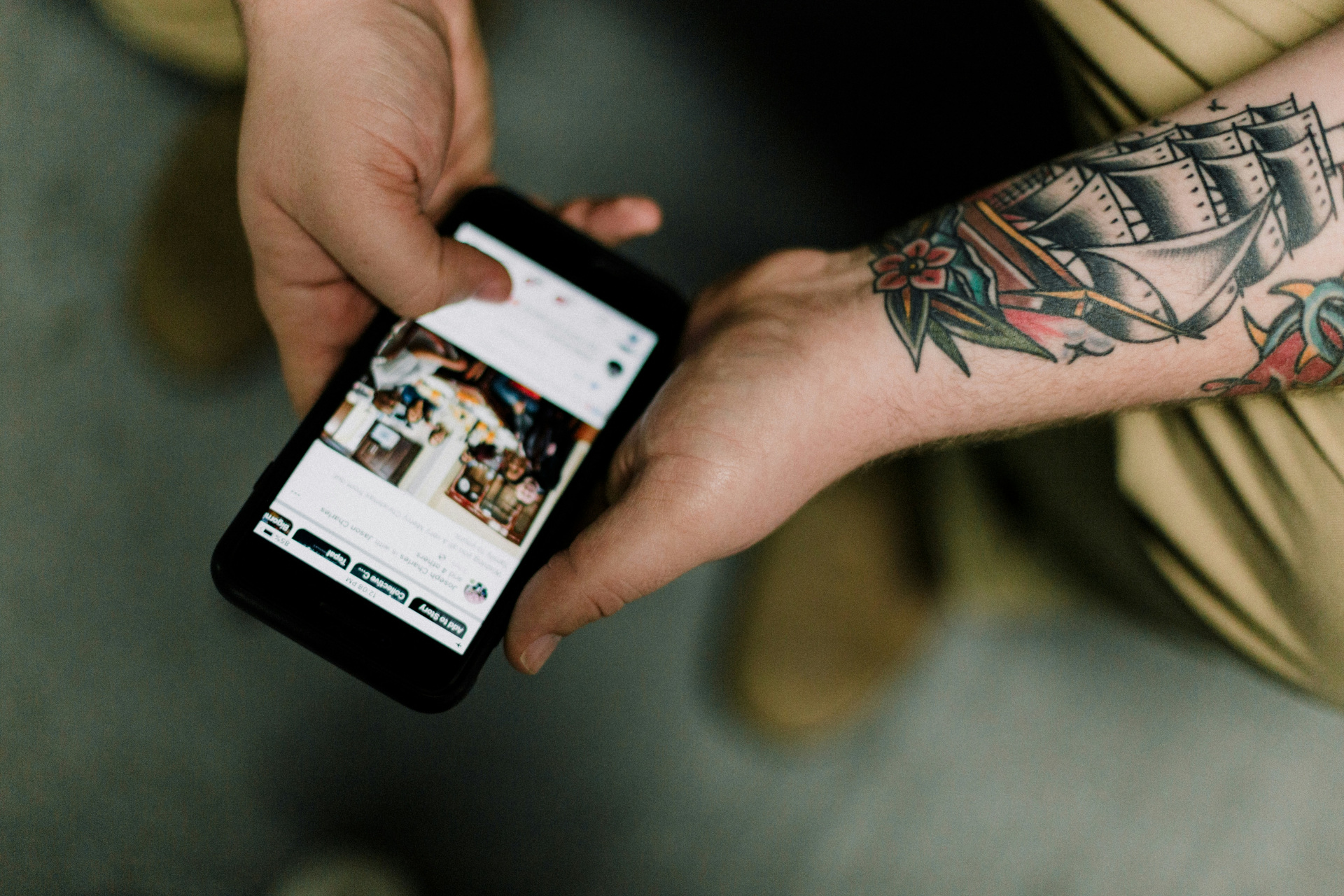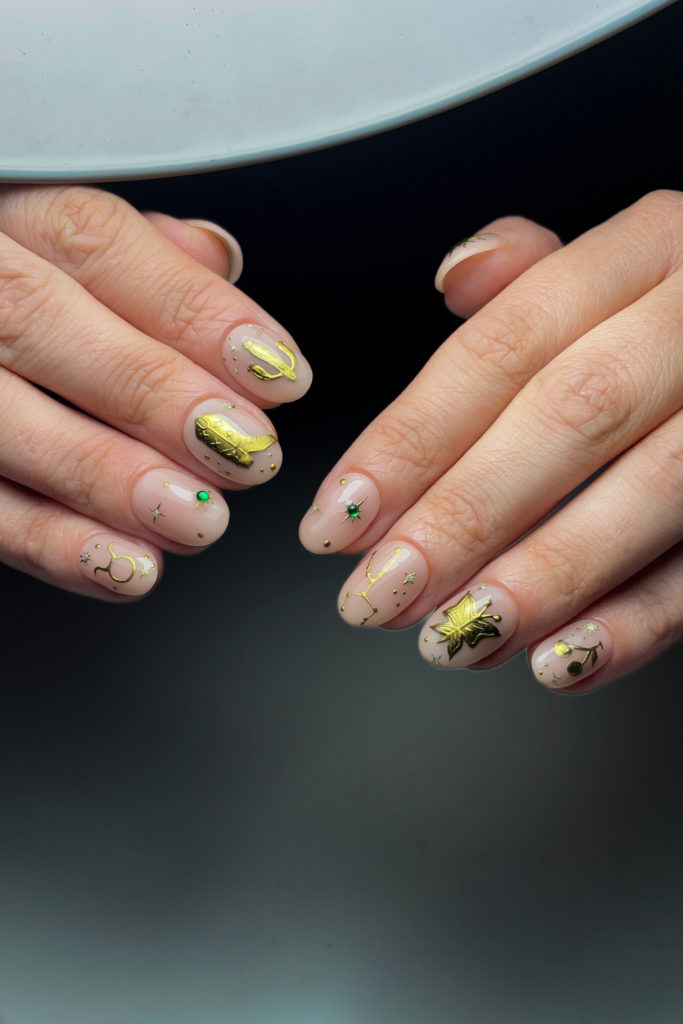
5 Tips For Reducing Your Screentime
By
4 months ago
This is your sign to STOP scrolling
It’s that time again – you know, the one where we set ourselves a number of goals in a bid to better our habits year ahead. Whether or not you’re following a list of new year’s resolutions in 2025, one thing that we could all benefit from is less time looking at screens. But oftentimes this is easier said than done. So, we’re left with a pretty big dilemma: how to reduce screentime (and stick to our resolutions). Here, psychologist Anna Shears and the Click Consult team share some suggestions to get you started.
Why Is It Important To Monitor Our Screentime?
‘Social media effects often interact with pre-existing conditions, and long-term impacts are still being studied as social media is relatively new,’ notes Anna. ‘I would say that a balanced approach is necessary when looking at the effects of social media on mental health.
‘Disproportionate or excessive use can have negative consequences, whereas when used in a meaningful way as a tool to seek support or guidance can be useful,’ she continues. ‘Proportionate use by younger people should be moderated with clear boundaries to ensure a healthy balance.’

(c) Priscilla du Preez, Unsplash
How To Reduce Screentime
Stay Informed, But Don’t Overload Your Brain
‘With social media comes a nonstop stream of news that can be addictive,’ says the Click Consult team. ‘It’s important to stay informed, but too much exposure can be overwhelming and lead to feelings of stress, anxiety, and burnout. Limit your news intake to a few trusted sources rather than getting your information from everywhere possible. Stop checking the news every time there’s a notification, which can make you feel on edge all day, and limit your news reading to a specific time once a day.’
Curate Your Feed
Be picky with what you want to see onscreen, says the team. ‘The content you see on social media every day has a major impact on your mood and mindset and following accounts that post content that makes you feel anxious or angry seriously affects your mental health. Be aware of your triggers, unfollow and block accounts that post negative content, and mute keywords and hashtags that trigger stress and anxiety, and lead to doom-scrolling. Instead, curate your feed and algorithm to ensure you only see positive content.’
Make It Harder For Yourself
We’re often heavily put-off by inconvenience – so making it more tricky to access your apps is a surefire way to dial back the screentime hours. ‘Turn off auto-login on your social media apps,’ recommends Click Consult. ‘Having to enter your username and password every time you want to scroll will make you more mindful of what you’re doing and make you stop and think about whether you really need to be logging on, preventing you from mindlessly picking it up and scrolling without noticing what you’re doing.’
Set Limits
Boundaries are your best friend. While you have access to your phone anytime of the day, that doesn’t mean you should let it have access to you at all times too. ‘Set time limits for yourself,’ suggests Click Consult. ‘Try to limit yourself to only using social media at certain times of the day. Avoid first thing in the morning, which can start your day off in a bad mood, and before bed, which will cause you to have negative thoughts racing through your mind when trying to sleep.’
Seek Support
And finally: ‘Doomscrolling and social media addiction can have a significant impact on your mental health, leading to feelings of comparison, loneliness, and depression – and it’s important to seek support if you’re struggling. Reach out to friends and family if you’re feeling overwhelmed, and consider getting help from a mental health professional who can help you with strategies to build a healthier relationship with social media.’
Featured image: Marten Bjork, Unsplash










